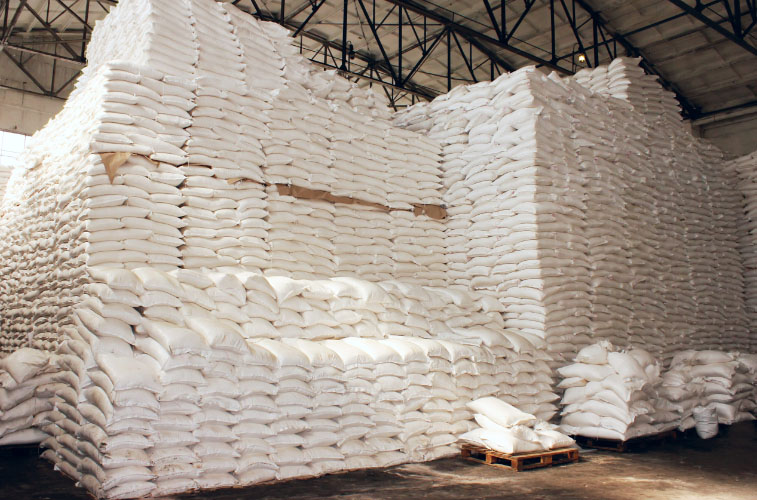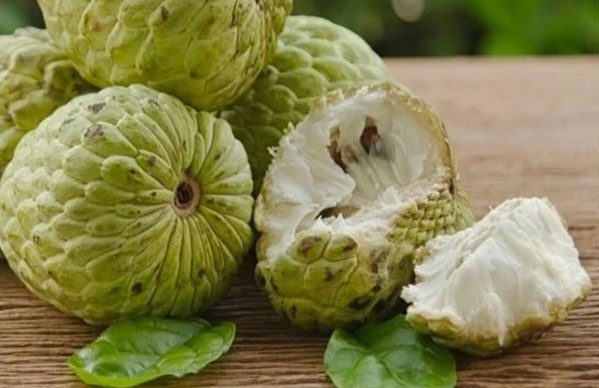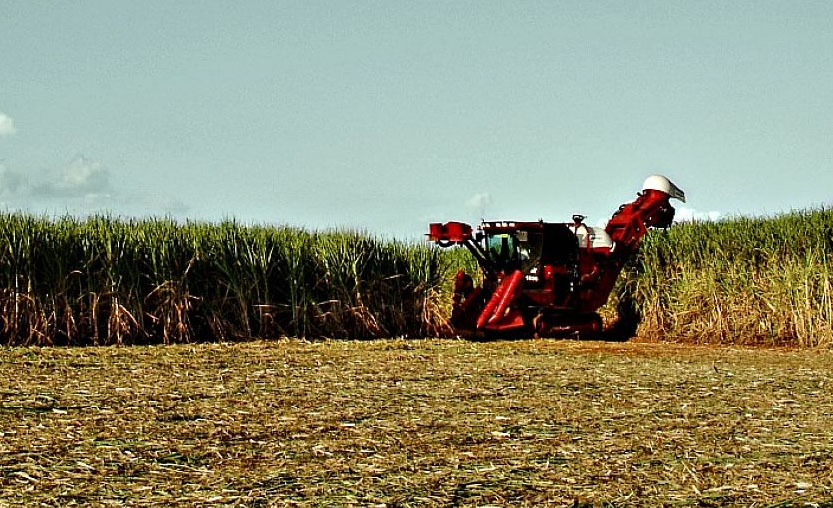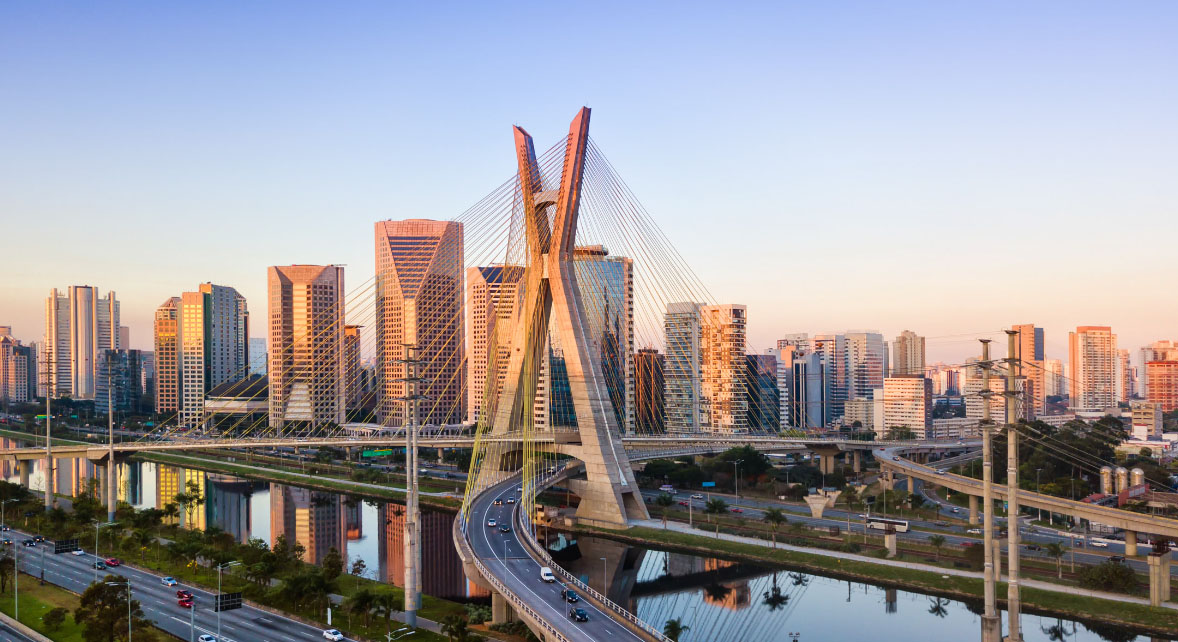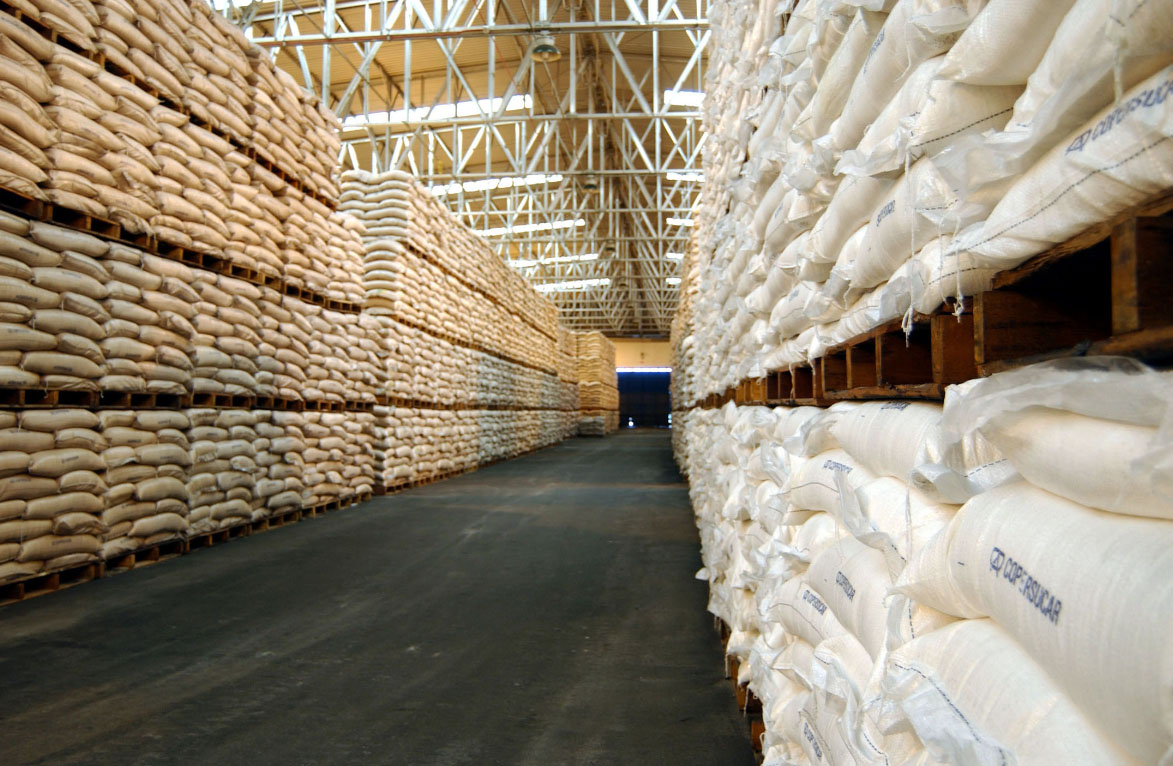Brazil is
renowned as a sugar-producing powerhouse, but in recent times, the nation has
faced a challenging predicament – a sugar shortage. The shortage has had ripple
effects not only in Brazil but also in the global sugar market. In this blog
post, we will dissect the causes, consequences, and potential solutions to
navigate the sugar shortage in Brazil.
The Sugar
Shortage in Brazil: Understanding the Causes
Adverse
Weather Conditions: Unfavorable weather patterns, including droughts and
excessive rainfall, have impacted sugarcane cultivation.
Agricultural
Challenges: Pests and diseases affecting sugarcane crops have posed significant
hurdles for sugar producers.
Consequences
of the Sugar Shortage
Rising
Sugar Prices: The shortage has led to an increase in sugar prices, affecting
both domestic consumers and global markets.
Economic
Impacts: The shortage has economic consequences, affecting Brazil’s export
potential and the livelihoods of those involved in the sugar industry.
Global
Implications
Disruption
in Supply: Brazil is a major player in the global sugar market, and the
shortage has disrupted the supply chain for many countries.
Alternative
Sweeteners: As sugar prices rise, consumers and industries may turn to
alternative sweeteners, impacting the demand for sugar.
Solutions
and Mitigation Strategies
Investing
in Research: Developing resilient sugarcane varieties and investing in research
to combat pests and diseases can help mitigate future shortages.
Sustainable
Practices: Implementing sustainable farming practices and responsible water
management can improve crop resilience.
Diversification:
Sugar producers may explore diversifying their operations to include other
crops or biofuel production to reduce their reliance on sugar alone.
Government
Initiatives
Support for
Farmers: Government initiatives to support sugarcane farmers and sugar
production can help stabilize supply.
Importation:
Temporary importation measures may be considered to offset domestic shortages.
Consumer
and Industry Responses
Sugar
Alternatives: Consumers and industries may consider sugar alternatives, such as
high-fructose corn syrup or other sweeteners.
Sustainable
Sourcing: Sourcing sugar from regions with stable production may be a viable
solution for industries dependent on sugar.
Conclusion
The sugar
shortage in Brazil presents a bitter challenge with far-reaching consequences.
Adverse weather conditions and agricultural challenges have led to supply
disruptions, impacting both domestic consumers and the global sugar market.
While solutions and mitigation strategies are being explored, the sweet dilemma
highlights the need for resilience and sustainability in the sugar industry.
Navigating this challenge will not only stabilize supply but also safeguard the
future of one of Brazil’s most iconic industries.

